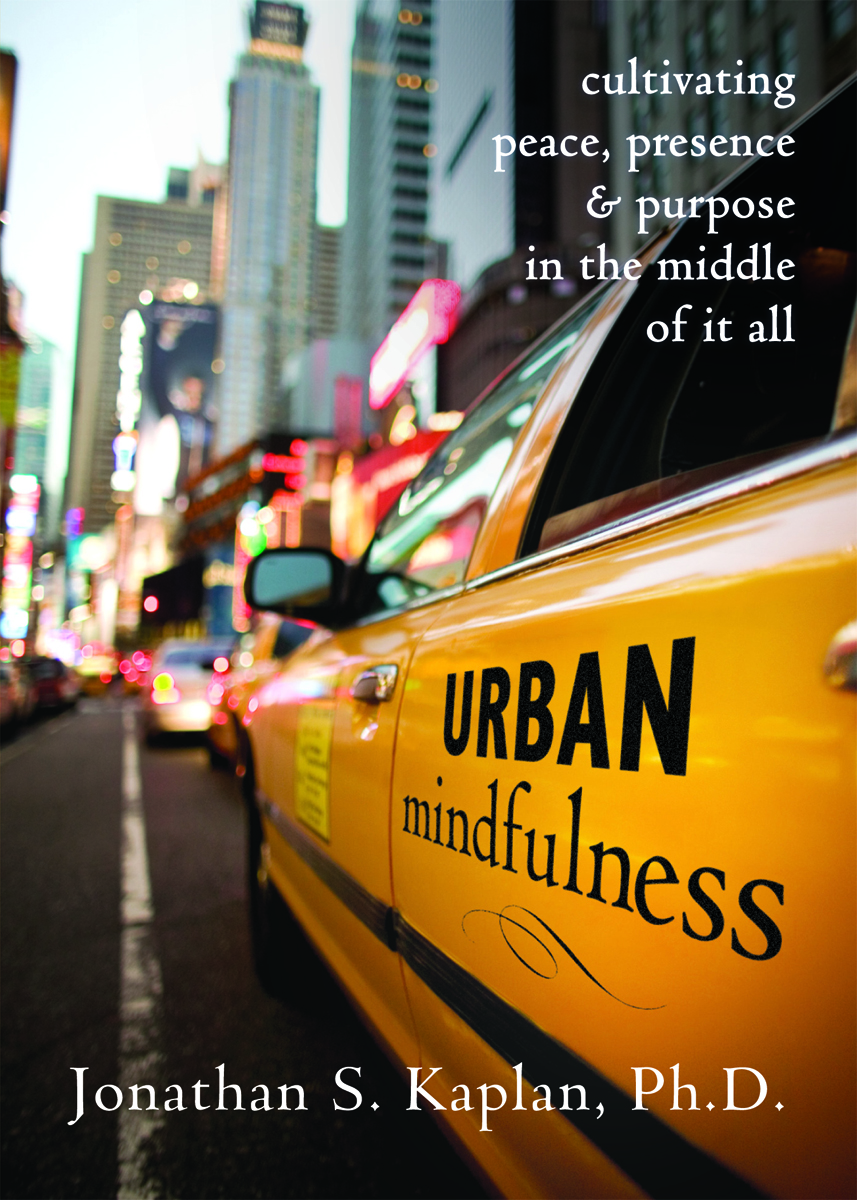Wednesday
Jan272010
Subway Haiku
 Wednesday, January 27, 2010 at 04:35PM
Wednesday, January 27, 2010 at 04:35PM
By Jonathan Kaplan, Ph.D.
Rush hour, changing trains
Like salmon migrating home --
No spawning on stairs
Recently, the NYC subway system has gone from bad to worse. Trains are coming less often, and moving less quickly. With your mindfulness practice, perhaps you've noticed these changes, too?
As a result, crowds of passengers are getting more plentiful and overwhelming platforms and stairwells. During rush hour at Broadway-Nassau, people use every inch of the narrow staircase to descend from the Downtown 4/5 to the Brooklyn-bound A/C. When I saw one passenger trying valiantly to climb the stairs and change trains in the opposite direction, I was inspired to write this small poem.
Rush hour, changing trains
Like salmon migrating home --
No spawning on stairs
Recently, the NYC subway system has gone from bad to worse. Trains are coming less often, and moving less quickly. With your mindfulness practice, perhaps you've noticed these changes, too?
As a result, crowds of passengers are getting more plentiful and overwhelming platforms and stairwells. During rush hour at Broadway-Nassau, people use every inch of the narrow staircase to descend from the Downtown 4/5 to the Brooklyn-bound A/C. When I saw one passenger trying valiantly to climb the stairs and change trains in the opposite direction, I was inspired to write this small poem.




